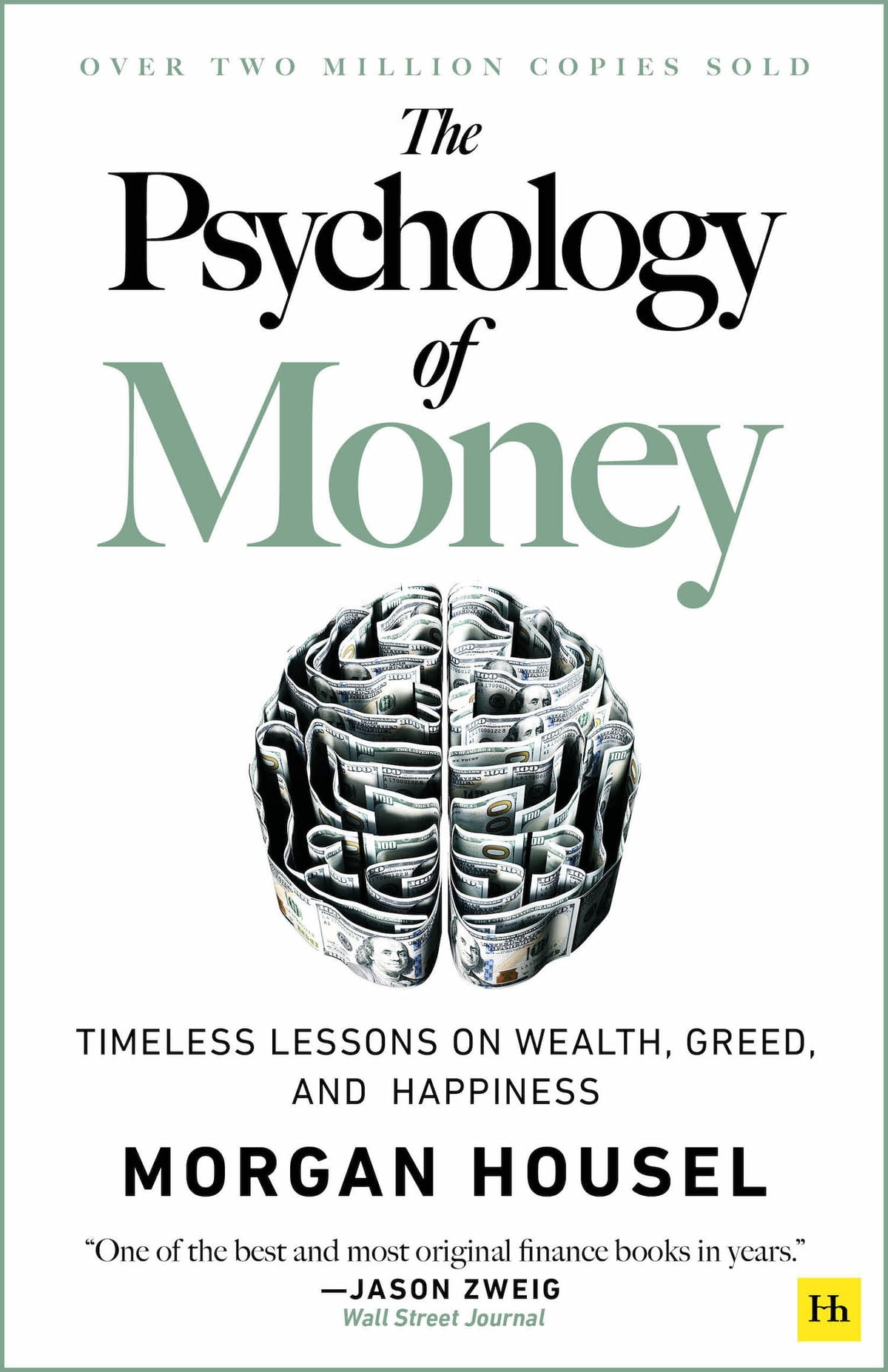“The Psychology of Money” by Morgan Housel is an excellent book that delves into the intersection between psychology and finance. Here are 5 lessons and 5 action steps you can take from the book.
Top 5 Lessons
Here are the top five lessons from the book:
Lesson #1: Time is the most valuable asset.
The author emphasizes the importance of time and how the decisions we make today can have a significant impact on our financial future.
Lesson #2: People are more important than numbers.
Housel emphasizes that people and relationships are more important than money and that it’s crucial to prioritize them.
Lesson #3: Risk and uncertainty are part of investing.
The author stresses that investing involves risk and uncertainty and that it’s essential to embrace these elements to be successful.
Lesson #4: Emotions can lead to poor financial decisions.
Housel discusses how emotions such as fear and greed can lead to poor financial decisions and how to manage them effectively.
Lesson #5: Luck plays a significant role in financial success.
The author emphasizes that luck plays a significant role in financial success, and it’s essential to acknowledge its role in our lives.
Top 5 Action Steps
Here are five action steps you can apply to improve your financial decision-making:
Action Step #1: Focus on the long-term.
Take a long-term view when it comes to your finances and focus on building a solid foundation for your financial future.
Action Step #2: Build strong relationships.
Invest time and energy in building strong relationships with people who are important to you, as they can provide invaluable support and opportunities.
Action Step #3: Understand the risks involved in investing.
Understand the risks involved in investing and be prepared to accept them as part of the process.
Action Step #4:
Manage your emotions.
Become more aware of your emotions and learn to manage them effectively, especially when it comes to making financial decisions.
Action Step #5: Acknowledge the role of luck.
Acknowledge the role of luck in your financial success and be grateful for the opportunities and blessings in your life.
In conclusion, “The Psychology of Money” is an excellent book that provides valuable insights into the intersection between psychology and finance. By understanding the importance of time and relationships, embracing risk and uncertainty, managing our emotions, and acknowledging the role of luck, we can make better financial decisions and lead more fulfilling lives.
